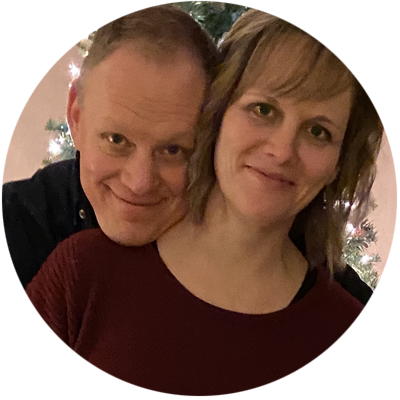Our world and our lives changed abruptly over the last few months. From school closings, loss of jobs, and concerns for our health and safety, there have been tremendous stressors each of us has had to deal with.
There are numerous concerns with the pandemic, but I want to focus on one I see every day as a bivocational pastor and mental health nurse: how COVID-19 is affecting our mental health.
Many people are experiencing increased anxiety. Anxiety is a normal reaction to a stressful moment in our lives. However, when that moment doesn’t pass or the stressors worsen, the anxiety can become overwhelming.
Schools have closed. More people are working from home or have lost their jobs. Gatherings are limited. While these measures are important for our physical health, isolation can have a serious impact on mental health. It can lead to increased anxiety, depression, and even psychosis.
In my job as a community mental health nurse, I have seen the impact of this as the pandemic continues. Initially, many people we saw were quite resilient and doing fairly well. As time has gone on, the number of clients we are serving in crisis have gone up dramatically, and the number with severe symptoms has also risen significantly.
I know this may sound depressing or hopeless. Yet, I firmly believe we, those who are called by God, have an important role to play right now in instilling hope!
We, those who are called by God, have an important role to play right now in instilling hope!
Trisha Houle Tweet
Now, more than ever, we need to show the love and peace and compassion of our Savior to those around us. That is what my mission is each day, whether I’m at my nursing job, waiting in line at the grocery store, serving in our food pantry, or speaking to members of our congregation.
Break the Stigma
How do we do this? There continues to be a stigma surrounding mental health. We need to help break that stigma by being open to diagnoses such as anxiety, depression, bipolar disorder, and schizophrenia. We definitely need to pray for people facing these things. God heals and I’ve seen miraculous healings of people of all these diagnoses. Yet, we live in the tension of the already and the not yet. Being okay with medical treatment and therapy is also important. People who struggle with mental health issues are not weak. These illnesses are caused by chemical imbalances and have a physical cause just like other illnesses.
Listen
Second, listen! I don’t know what it’s like to be the single mom who lost her job when COVID-19 hit, who can’t afford daycare, and is now facing homelessness. What I can do is listen to her story, empathize with her, pray for her, and offer what I do have, including items from our food pantry and resources to our local agencies.
This woman came to us in tears, left with a slight smile, and has been returning each week to offer an update and receive food. Her situation hasn’t changed dramatically, but she has hope and she feels God’s love in the few minutes we talk and pray each week.
Reach Out
Finally, reach out to those who are isolated. COVID-19 has definitely made this more challenging, but it is so important! Whether by telephone, Zoom, Facetime, or with precautions in person, human contact is vital to stable mental health.
Often, one of the first signs someone is struggling with their mental health is they start to isolate themselves from those they are close to. If you feel the prompting of the Holy Spirit to reach out to a person, please do it. Their health and well-being may depend on it.
This mental health crisis is one we, as believers, are equipped to handle. With some education, prayer, and leaning into what the Holy Spirit is doing, we are able to provide hope. We have the ability to greatly impact our communities and our world for the better as we walk alongside folks through mental health struggles.

About the Author
The views expressed on this site or in this media are those of the speaker(s), author(s), or contributor(s), and do not necessarily represent the views of Vineyard USA or any of its Regions, Ministries or Initiatives. For more information, see the
Vineyard USA disclaimer here.





